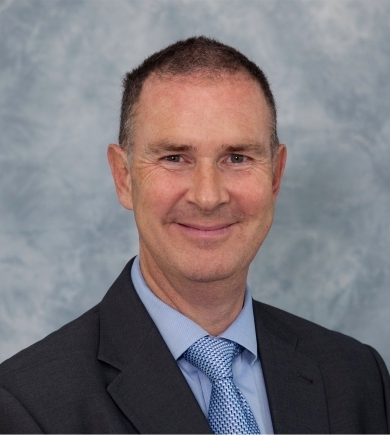The UK Labour Party has identified oracy as a weakness that is impacting young peoples’ development and their employment prospects and intends to address the issue through an oracy curriculum paid for by collecting VAT on private school fees.
Any teacher will tell you that there are a few very vocal students in every class who have an opinion on everything, some who will give their opinion when asked but many students who may lack the knowledge and skills but maybe also the confidence to speak in front of others.
Redressing the issue through the curriculum is a great idea, but just giving more opportunities for students to speak isn’t enough and the plans need to be widened to identify and address the issues that may have led to this lack of confidence in the first place.
Socialisation at an early age helps build confidence in communication and if a young child doesn’t attend a nursery or kindergarten, other opportunities for communication must be provided. At this age, praise for effective communication is vital, even when it’s just for getting your child to say hello to people you meet or answering a question on how they are or what they have done or will be doing that day.
Sometimes, the great work done in the early years can be undone on attending school where communicative children are encouraged to be quiet or work quietly. It’s only been in recent years that the recognition that collaborative talk is a learning tool and should be encouraged. If a child becomes fearful of speaking then they will not speak. Just as impactful is the reaction of peers to a child speaking. If they are laughed at for getting something wrong, or are teased for being brave enough to speak or to appear to be clever by giving the right answer verbally then this can reduce their willingness to speak.
As children grow into adolescents, image becomes important and wishing to be homogenous can prevent a student speaking out. For others the confidence to speak out is also linked to body image.
One of the areas where hesitancy in speaking out is common is in modern foreign language courses where speaking is a major element of the learning of a language. Accents required in language speaking can open a child to being laughed at, meaning that languages are often not chosen for study or students fare worse on the speaking and listening elements.
This is where online learning can help and, particularly the use of AI and VR. Programmes are available where the student selects an avatar and speaks the required word or phrase into their device and, when the teacher asks for a response, the avatar gives it, allowing students to distance themselves if the answer is incorrect or the accent incorrect. Whilst this allows the speaking and listening element to be covered, it perpetuates the unwillingness of the child to speak for themselves. On the other hand, the development of AI in language learning does help. Several programmes allow the student to practise their speaking skills with an AI partner who responds appropriately to the input from the student and can also sensitively remind the student of the correct words or pronunciation. Students using this method gain confidence in speaking, improve their language skills and soon transfer this from AI to the classroom.
How do we improve general oracy in the classroom?
We should begin by creating an environment where students feel comfortable in speaking, where their opinions are valued and praised. From there it’s important to provide plentiful opportunities to express themselves orally. Once students see this framework in place then we can begin developing the skills of effective communication; conciseness, authoritativeness, engagement, structure etc. We need to plan opportunities to speak into the whole curriculum akin to the tenets of the 21st Century Curriculum whilst practising the skills through English and Drama and create public speaking competitions and other opportunities for young people to be able to practise their speaking skills with a wider and sometimes unfamiliar audience.
Being able to speak confidently and knowledgeably is part of being able to make an impact on others, situations and more. It makes us respect and believe in the speaker and in turn this gives them authority and personal fulfilment. The plans have been a long time coming. Let’s hope they are sufficiently well-considered to be effective and not just well-intended.

